Table of Contents
American history is a vibrant tapestry, woven with threads of remarkable individuals. These figures leave permanent marks, their influence echoing long after their moments on the public stage. Few can dispute that Donald J. Trump is one such figure. Donald Trump’s story is one of extraordinary turns: business tycoon, media personality, and ultimately, the 45th president of the US. His legacy remains a potent mix of triumphs, controversies, and lasting impacts on the nation’s political fabric.
On June 14, 1946, Donald Trump was born in Queens, New York City. Overall, his early life and upbringing were marked by wealth and privilege. Immersed in the world of real estate from birth, his family nurtured his business instincts and negotiation skills. Surrounded by industry veterans, he honed his acumen and strategic mind at a young age. Wharton School sharpened his edge, shaping the real estate titan he would become. Years at Penn’s prestigious Wharton honed his skills, laying the groundwork for his future empire.
However, Trump’s life has been anything but straightforward. Sex scandals, tax troubles, election meddling – they all chipped away at his good name and his fan base. Yet, it is precisely this web of controversies that has propelled him to the forefront of the nation’s consciousness.
About this article
This article delves deep into the life and legacy of Donald Trump. It explores the various facets that have shaped his journey. The impact he has had on American politics and the world at large is also discussed in detail. We begin with his early steps in the business world, then navigate the high-stakes terrain of his political career. His historic impeachment trials mark a pivotal point, and we delve into his post-presidential activities as well. This comprehensive exploration promises a nuanced understanding of this complex and polarizing figure. Much like Donald Trump’s influence on American politics, Elon Musk’s plans for Twitter have garnered significant attention.
At its heart, this article seeks to unravel the enigma that is the legacy of Donald Trump. Break the rules, make headlines – that was his leadership style. He changed politics, and the arguments just keep going. Through triumphs and setbacks, achievements and controversies, Donald Trump’s influence on the course of history is undeniable. Embark with us on this exploration of a man who embodies both adoration and dissent, progress and friction. Let us delve into the life and legacy of a figure whose name evokes both transformation and resistance.
“The only thing worse than being talked about is not being talked about.” – Oscar Wilde
Donald Trump Early Life and Career: How He Built His Wealth and Fame
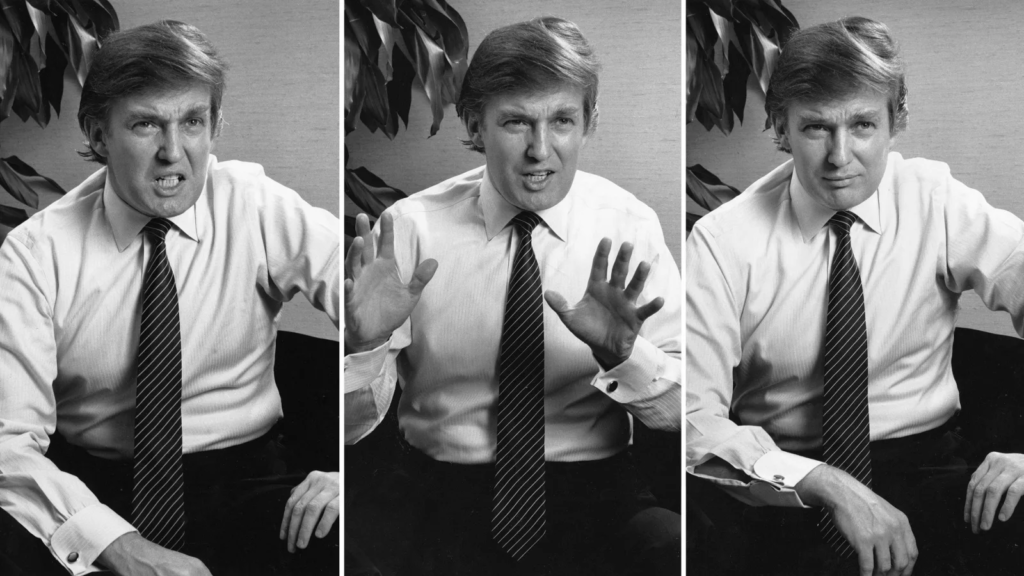
Donald John Trump, the 45th President of the United States, has left an indelible mark on the world stage. Trump was born on June 14, 1946, in Queens, New York City. He was the fourth of five children in a family already acquainted with success. His father, Fred Trump, was a prosperous real estate developer, while his mother, Mary Anne MacLeod, hailed from Scotland.
Amidst wealth and privilege, young Donald witnessed his father navigate the world of real estate. From a young age, he absorbed lessons in negotiation, deal-making, and the industry’s complex workings. This early exposure played a pivotal role in shaping his understanding of business and wealth creation. From Kew-Forest to the military, Trump’s educational journey took him through different doors. He landed at Fordham, then switched gears to Wharton, finally earning his economics degree in 1968. It was at Wharton that he honed his business acumen, laying the foundation for his future success.
Projects and Ventures: How He Succeeded and Failed in Various Businesses
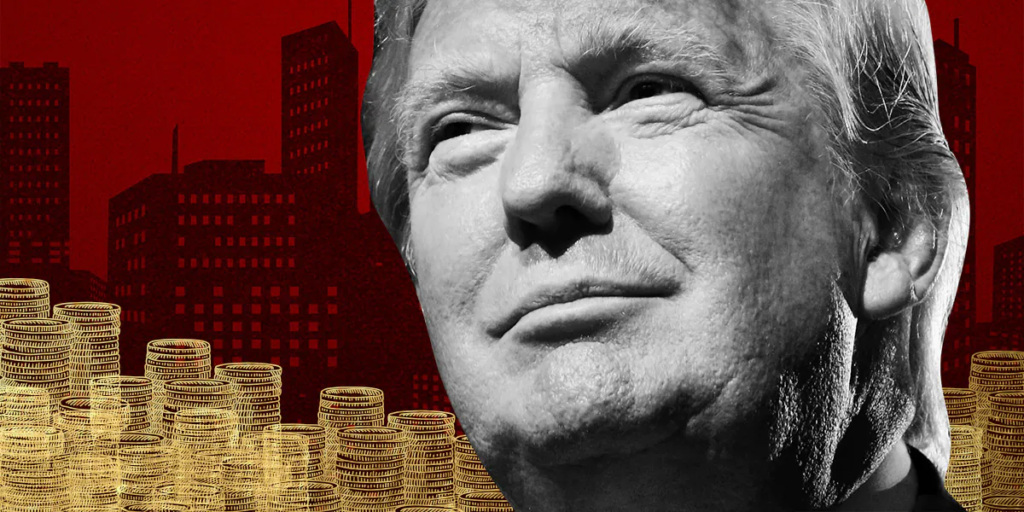
Donald Trump’s first steps into the business world centered on his father’s real estate company. However, he quickly set out to establish his own identity and expand the Trump brand. Among his early successes was the development of the Grand Hyatt Hotel in Manhattan during the 1970s. This project marked his emergence as a capable businessman, demonstrating his ability to navigate complex ventures successfully.
1983 marked the grand unveiling of Trump Tower in New York City. It is a towering embodiment of Donald Trump’s audacious vision and penchant for the opulent. The tower’s luxurious design and prime location solidified his reputation as a real estate magnate with an eye for opulence. Despite his triumphs, Trump’s foray into the casino industry in Atlantic City yielded mixed results. Trump’s casino ventures, the Plaza and Taj Mahal, saw both financial highs and lows. Yet, these cemented his image as a bold entrepreneur unafraid of calculated risks.
The early 2000s marked a period of both accomplishments and trials in Donald Trump’s legacy. Trump launched the reality TV show “The Apprentice,” showcasing his no-nonsense persona and business acumen to a global audience. Yet, this era also witnessed the failure of projects like Trump Airlines and the struggles of the Trump Plaza Hotel. These experiences underscored his resilience and determination, portraying a multifaceted entrepreneur who was unafraid of setbacks.
Scandals and Lawsuits: How He Faced Accusations of Discrimination, Bankruptcy, and Fraud
Donald Trump’s rise to prominence was not without controversy. Claims of racial bias existed in Donald Trump’s real estate projects. Specifically, concerning apartment rentals, triggered legal disputes that tarnished his public image. A cloud of controversy hung over Trump’s reputation. He was accused of racial discrimination in his housing developments, particularly in apartment rentals.
In the early 1990s, his business empire faced financial turbulence, resulting in corporate bankruptcies. These high-profile challenges garnered attention and criticism, while also showcasing his ability to navigate complex financial restructurings.
Media and Entertainment: How He Became a Celebrity and a Star
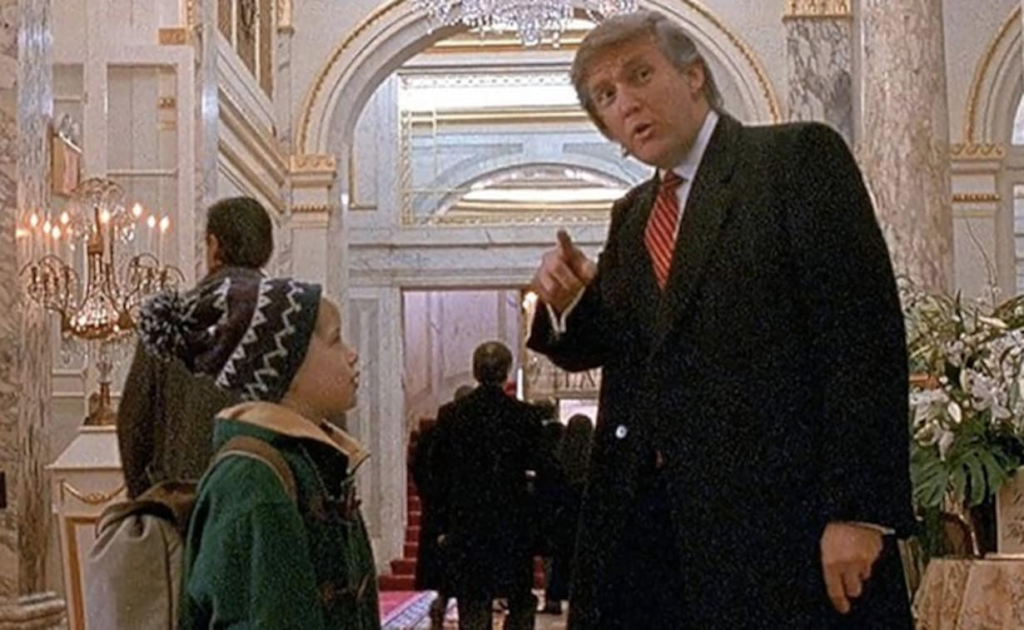
Donald Trump’s legacy influence extended beyond the business realm into popular culture. He also appeared in movies and shows like “Home Alone 2: Lost in New York” and World Wrestling Entertainment (WWE). However, it was his role as the host of “The Apprentice” that catapulted him to new heights of fame. His catchphrase “You’re fired!” became synonymous with his assertive and resolute approach.
Personality and Worldview: How He Developed His Values and Beliefs
Donald Trump’s upbringing and experiences significantly shaped his personality and worldview. Growing up surrounded by business discussions and success-oriented values, he internalized the art of negotiation, deal-making, and resilience. These attributes, coupled with his encounters with triumphs and controversies, contributed to his assertive and unapologetic demeanor. His belief in branding and the potency of publicity informed his business strategies and self-promotion throughout Donald Trump’s legacy.
Political Career: How He Changed America and the World
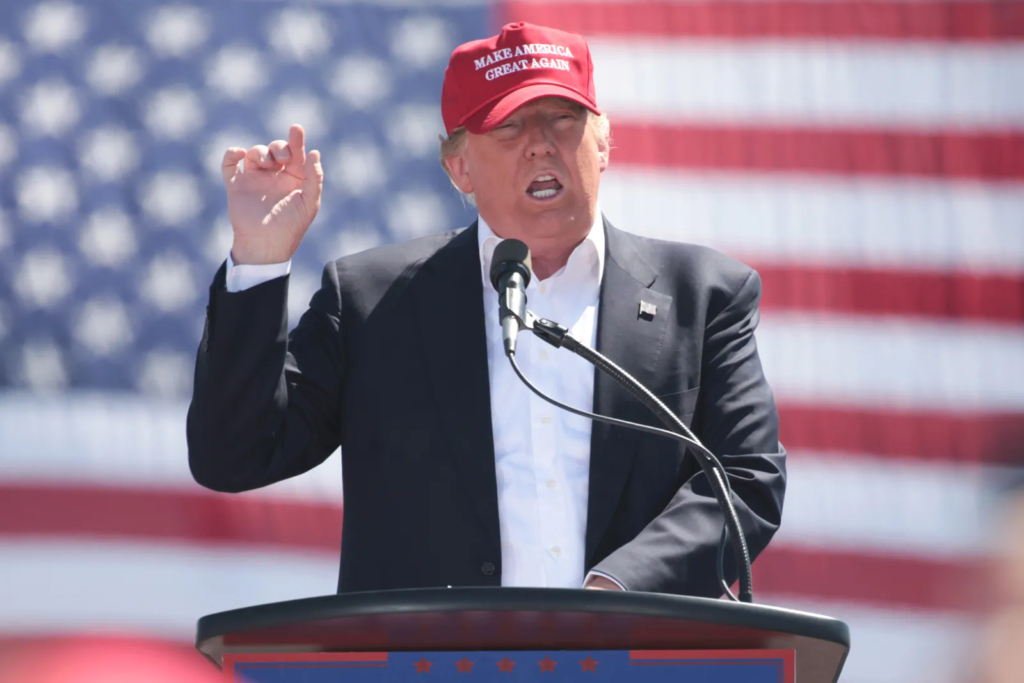
Donald Trump’s political journey began as a departure from his business ventures and celebrity status. In 2012, he officially announced his affiliation with the Republican Party, marking his entry into the realm of politics. However, it was in 2015 that he made a seismic impact by declaring his bid for the presidency.
Trump’s entrance into the Republican Party brought a fresh and unconventional approach to the political landscape. His bold and unfiltered communication style resonated with a subset of the American population. Those felt disconnected from the traditional political establishment. This anti-establishment sentiment played a crucial role in his domination of the Republican primaries and eventually secured him the party’s nomination for the 2016 presidential election.
Donald Trump vs Hillary Clinton: How He Won the 2016 Election
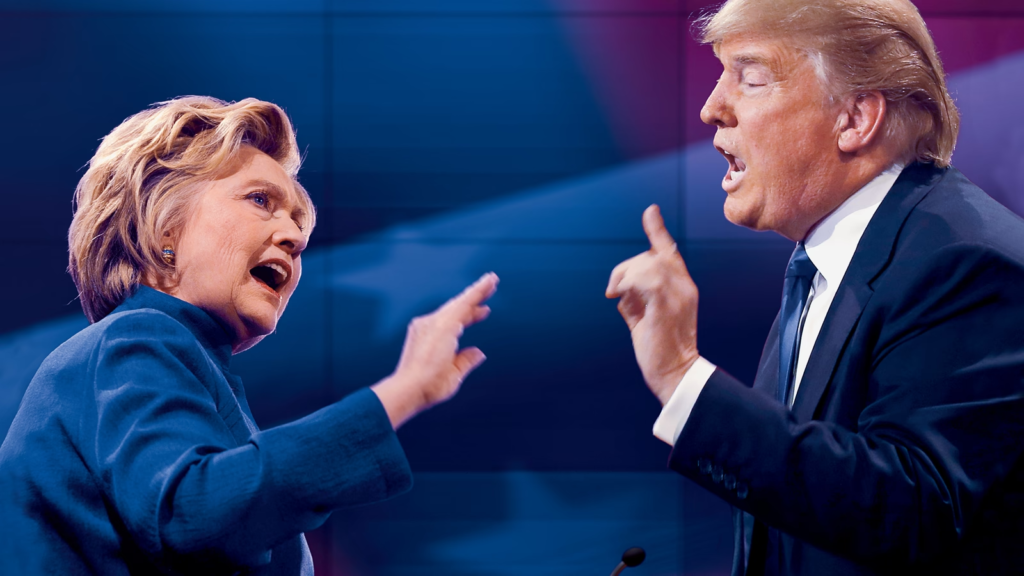
The 2016 presidential election marked a historic turning point in American politics. Donald Trump faced off against the Democratic nominee, Hillary Clinton. Trump’s victory in the election, despite being a political outsider, highlighted his ability to tap into the frustrations and concerns of many Americans who felt marginalized by the prevailing political norms.
Throughout the campaign, Donald Trump’s legacy capitalized on populist sentiments, promising to “Make America Great Again.” He criticized the political establishment and focused on issues such as immigration, trade, and job creation. His no-holds-barred approach and direct communication style resonated with a significant portion of the electorate who felt left behind by globalization and technological advancements.
Accomplishments: How He Implemented His Agenda
Once in office, Donald Trump pursued an ambitious agenda that aimed to reshape various aspects of American policy. One of the most significant accomplishments in Donald Trump’s legacy was the passage of the Tax Cuts and Jobs Act in 2017, which aimed to stimulate economic growth by reducing corporate and individual tax rates. His administration also prioritized a robust military, increasing defense spending and strengthening the armed forces.
Trump’s presidency witnessed substantial efforts to reshape the judiciary, with the appointment of three Supreme Court justices and numerous federal judges. Additionally, he aimed to rewrite trade deals to prioritize American interests, renegotiating agreements like NAFTA to create what became the United States-Mexico-Canada Agreement (USMCA).
Controversies: How He Faced Criticism and Challenges

Donald Trump’s presidency was marked by controversies and challenges that fueled intense debates across the nation. He faced two impeachment trials, the first in 2019 related to allegations of abuse of power and obstruction of Congress, and the second in 2021 on charges of incitement of insurrection following the January 6 Capitol riot.
His handling of the COVID-19 pandemic drew significant scrutiny, with critics arguing that his administration’s response was inadequate and inconsistent. The economic repercussions of the pandemic led to an unprecedented recession, further complicating his administration’s efforts to manage the crisis.
Donald Trump Impact: How He Affected America and the World
Donald Trump’s presidency had a profound impact on American society, politics, and the global order. Domestically, his tenure highlighted the deep divisions within the country, with his unorthodox leadership style both energizing his supporters and exacerbating tensions with his critics. His presidency prompted discussions about the role of truth in public discourse, as his statements often challenged established norms of presidential communication.
On the global stage, Trump’s “America First” approach led to shifts in foreign policy. He engaged in high-stakes negotiations with North Korea, withdrew from international agreements like the Paris Agreement and the Iran nuclear deal, and emphasized reevaluating traditional alliances and trade relationships.
Donald Trump Impeachment Trials: How He Survived Two Historic Charges
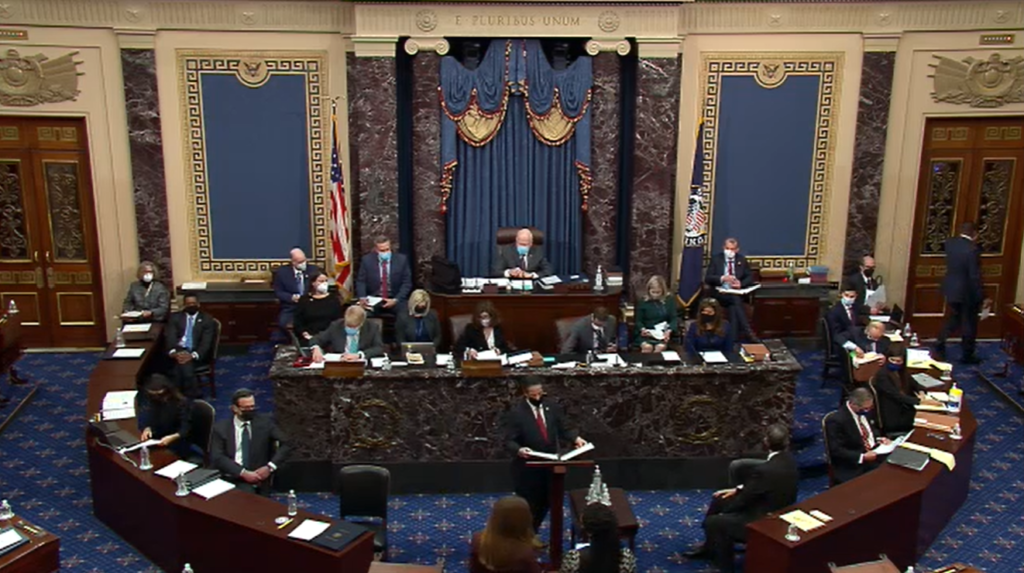
The presidency of Donald Trump was marked by unprecedented political turmoil, with two historic impeachment trials that captured the attention of the nation and the world. These trials, which took place in 2019 and 2021, revolved around serious allegations of abuse of power and incitement of insurrection. Let’s delve into the details of these significant events.
Donald Trump Ukraine Scandal: How He Was Accused of Abusing His Power
The first impeachment trial centered on allegations that President Trump abused his power by pressuring Ukraine to investigate his political rival, Joe Biden, and his son, Hunter Biden, in exchange for military aid. The House of Representatives charged Trump with abuse of power and obstruction of Congress, culminating in his impeachment on December 18, 2019.
The evidence presented during the trial included testimony from several key witnesses, text messages, and a reconstructed timeline of events. The core allegation was that Trump used his position and influence to solicit foreign interference in a domestic election, compromising national security and undermining the integrity of the electoral process.
Donald Trump Capitol Riot: How He Was Accused of Inciting an Insurrection
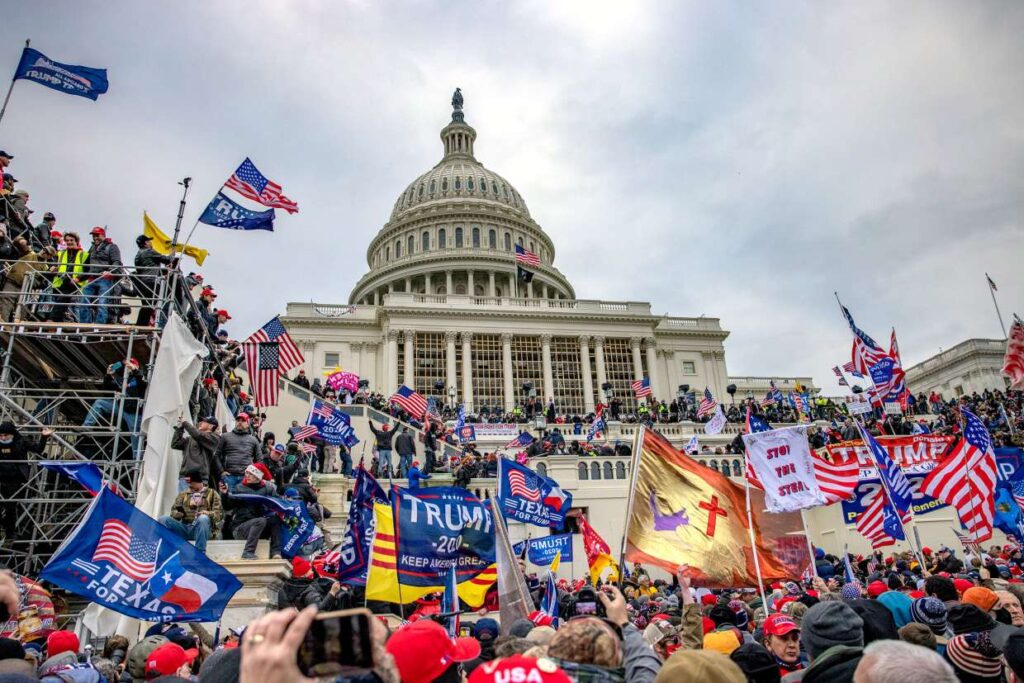
The second impeachment trial, held in early 2021, stemmed from the shocking events of January 6, when a mob of Trump supporters stormed the United States Capitol in an attempt to overturn the 2020 election results. The House of Representatives charged Trump with incitement of insurrection, accusing him of encouraging the violent attack on the Capitol through his inflammatory rhetoric.
The trial featured gripping video footage of the chaotic scenes at the Capitol, along with speeches and tweets from Trump that were cited as evidence of his role in inciting the violence. The key argument was that his repeated false claims of election fraud and his call to his supporters to “fight like hell” contributed to the atmosphere that led to the assault on the seat of American democracy.
Donald Trump Senate Trials: How His Party Acquitted Him
Both impeachment trials followed a similar process: the House of Representatives conducted the investigations and passed articles of impeachment, and the Senate held the trials. In both cases, the Republican-controlled Senate acquitted President Trump. During the first trial, all but one Republican senator voted to acquit on abuse of power, and all Republicans voted against obstruction of Congress. In the second trial, seven Republican senators joined Democrats in voting to convict, falling short of the two-thirds majority required.
Donald Trump Impeachment Consequences: How He Faced Political Fallout and Backlash
The impeachment trials had profound political implications. While Trump survived both trials and remained in office until the end of his term in January 2021, they deepened the divisions within the country. Supporters of the president viewed the trials as politically motivated attempts to undermine his presidency, while critics saw them as necessary steps to hold a president accountable for his actions.
The impeachment trials also left lasting impressions on the American public and international observers, raising questions about the strength of American democratic institutions and the limits of presidential power. The aftermath of the trials contributed to a contentious political climate that continued to shape public discourse and debates in the years that followed.
Donald Trump Impeachment Comparison: How He Differed from Other Impeached Presidents
Comparing Donald Trump’s impeachment trials with those of other presidents in U.S. history reveals both similarities and differences. Andrew Johnson’s 1868 impeachment centered on his violation of the Tenure of Office Act, while Richard Nixon’s potential impeachment in 1974 was preempted by his resignation during the Watergate scandal. Bill Clinton’s 1998 impeachment, like Trump’s first trial, focused on charges of perjury and obstruction of justice.
Unlike the other three presidents who faced impeachment, Donald Trump is the only one to have been impeached twice. His trials were marked by partisan divisions that showcased the deep political polarization of the contemporary American landscape. While all four presidents survived their impeachment trials, the uniqueness of each case underscores the evolving dynamics of power, accountability, and public perception in American politics.
Donald Trump Post Presidency: How He Stays in the Spotlight and Influences Politics

As the 45th President of the United States, Donald Trump’s departure from the White House did not signal the end of his influence on the political landscape. In his post-presidential phase, he has continued to make waves through various avenues, maintaining his presence in the spotlight and shaping public discourse. Let’s delve into some of the key ways he has done so.
Donald Trump Social Media: How He Launched His Own Platform After Being Banned
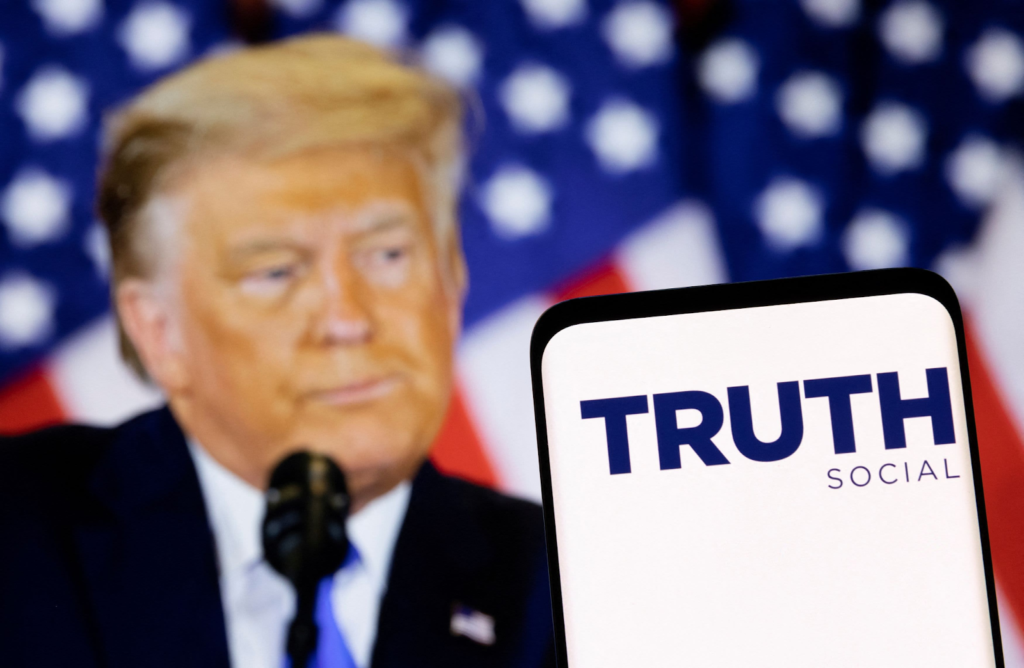
Donald Trump’s relationship with social media has been both influential and contentious. After being banned from mainstream platforms like Twitter, Facebook, and YouTube for his role in inciting the Capitol riot and spreading misinformation, Trump launched his own social media platform, Truth Social. The platform aims to provide a space for his supporters to engage with his messages and content directly.
Truth Social’s launch is seen as an attempt to challenge the dominance of established platforms and to counter what Trump and his allies perceive as biased censorship. This move underscores Trump’s determination to remain a prominent figure in the digital sphere and to maintain a direct line of communication with his supporters.
Donald Trump Book: How He Wrote a Sequel to His Bestseller and a Guide to Overcoming Adversity
A hallmark of Donald Trump’s post-presidential endeavors is his literary pursuit. He authored a book titled “The Art of the Comeback Volume 2,” positioning it as a sequel to his 1997 bestseller, “The Art of the Comeback.” In this volume, Trump not only offers insights into his business strategies but also presents it as a guide to overcoming challenges and adversity in life.
Through his book, Trump provides his perspective on personal resilience and navigating setbacks, reinforcing his narrative of triumphing against the odds. This literary effort further cements his role as a commentator on success and resilience, while keeping him firmly in the public eye.
Donald Trump Interviews and Rallies: How He Criticized Biden, Claimed Election Fraud, and Hinted at 2024 Run
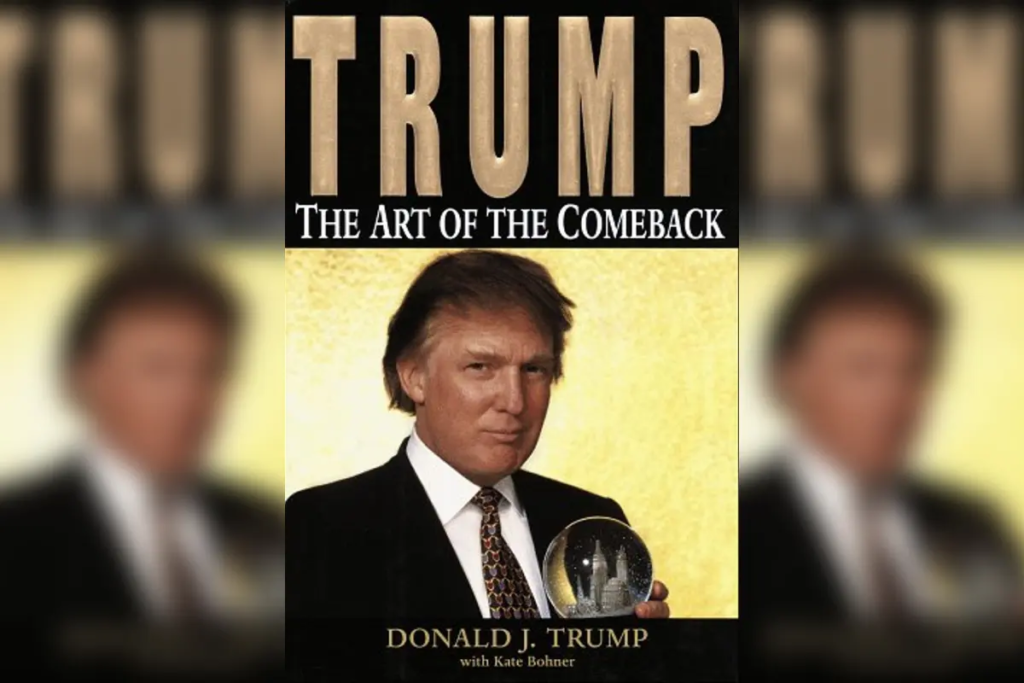
Donald Trump’s post-presidential activities have included media appearances and rallies where he remains an active commentator on current events. He has used these platforms to criticize the Biden administration, raising concerns over issues such as the border crisis, inflation, and the Afghanistan withdrawal. Additionally, he has continued to repeat his false claims of election fraud, highlighting ongoing investigations in states like Arizona, Georgia, and Texas.
Furthermore, Trump has kept the possibility of a 2024 presidential run alive, dropping hints during interviews and rallies. This has fueled speculation and discussion about his potential return to the political arena and his continued influence on the Republican Party.
Donald Trump Foreign Affairs: How He Met with World Leaders and Tried to Maintain His Influence
Despite his departure from the presidency, Donald Trump has maintained his engagement on the global stage. He has met with world leaders such as Vladimir Putin of Russia, Jair Bolsonaro of Brazil, and Benjamin Netanyahu of Israel. These meetings underscore his ongoing efforts to exert influence in international affairs.
In foreign policy matters, Trump has remained vocal about issues like the nuclear deal with Iran, the Middle East peace plan, and the trade war with China. By engaging with global leaders and discussing critical matters, he aims to sustain his impact on international relations and remain a significant player in the diplomatic arena.
In conclusion, Donald Trump’s post-presidential activities reveal a figure who refuses to fade into the background. Through social media, literary pursuits, interviews, rallies, and foreign affairs engagements, he continues to exert his influence, shape political discourse, and keep himself at the forefront of American and global attention. His post-presidential journey reflects his determination to leave an enduring mark on the world of politics and beyond.
Conclusion: Donald Trump – A Legacy of Impact
Donald Trump’s life journey, spanning from real estate mogul to reality TV star to the 45th President of the United States, is a tale of both success and scandal. His unorthodox and provocative approach to leadership has reshaped American politics and left an indelible mark on global discourse.
From the glittering towers of Trump’s real estate empire to the tumultuous corridors of political power, his career has been defined by audacity and determination. His entry into politics, marked by fiery rhetoric and promises of disruption, resonated with a disillusioned demographic that sought change beyond conventional norms.
In his presidency, Trump achieved significant policy wins such as tax reforms and judiciary appointments. However, controversies, impeachment trials, and a deeply divided nation also define his legacy. His impact on the Republican Party’s priorities and the broader political landscape cannot be overstated.
Looking ahead, speculation abounds about Trump’s future. Could a return to presidential aspirations be on the horizon for 2024? The challenges he faces, including legal battles, lawsuits, and potential primary opponents, underscore the complexity of his post-presidential path.
Donald Trump’s legacy, whether revered as a disruptor or criticized as a polarizing figure, will continue to provoke thought and discussion. As time unfolds, the enigma of Trump’s leadership will remain a central theme in the narrative of American history.
Ultimately, the question persists: How will history cast its verdict on the dynamic and divisive character that is Donald J. Trump? His impact, controversies, and lasting influence invite contemplation, ensuring that his legacy remains a subject of fascination and debate for generations to come.



